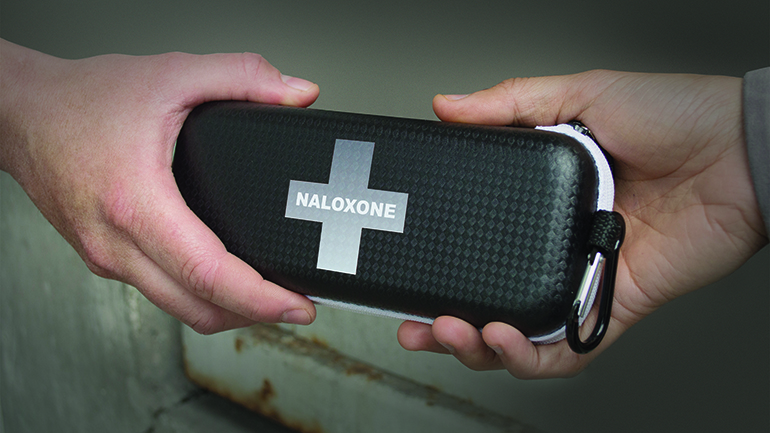
Fraser Health is rapidly implementing an aggressive strategy to combat drug overdoses and deaths in our region.
SURREY – Fraser Health is rapidly implementing an aggressive strategy to combat drug overdoses and deaths in our region. The strategy, which is already underway, includes:
- Identifying priority sites for supervised consumption services
- Increasing administration of naloxone and accessibility to take-home naloxone
- Launching public awareness campaigns targeting different types of people who use drugs
- Engaging municipal and community partners on overdose response and prevention
- Providing better supports to improve access to opioid substitution therapy such as suboxone
“There is no single solution to the public health emergency we are facing. It is a complex concern that requires a multi-faceted approach to prevent overdoses, encourage supervised consumption, and provide treatment options,” said Dr. Victoria Lee, chief medical health officer. “We started taking action last fall when our data showed an increase in overdoses, and this strategy is a continuation of that work through additional targeted education, focused engagement with our communities and enhanced access to naloxone.”
In the fall of 2015, Fraser Health began increasing the number of take-home naloxone kits provided to patients attending our emergency departments for overdoses. All twelve Fraser Health emergency departments are now registered to dispense take-home naloxone kits.
From January to May 2016, 857 take-home naloxone kits were dispensed in Fraser Health emergency departments, public health units and via our community partners, representing a nearly ten-fold increase from the same period in 2015. In the months ahead, we will continue region-wide efforts to equip at-risk populations and their friends and family with naloxone, increasing access in acute facilities such as hospitals and non-acute settings including public health units. Additionally, we will continue working with community partners including police and fire departments, non-governmental organizations, BC Housing and others to improve access to naloxone.
“Our goal is to provide take-home naloxone to every patient who leaves the hospital having survived an overdose. While we encourage them to seek treatment, take-home naloxone equips them with a potentially life-saving preventative measure they can utilize if required,” said Dr. Neil Barclay, emergency network regional medical director.
In collaboration with our community partners, Fraser Health monitors clusters of overdose events and alerts communities if adulterants or changes in potency are suspected. We communicate this information to people who use drugs as quickly as possible, including posters and flyers at the street level, staff outreach, communication with community-based and peer organizations, online on our website, through our social media channels and by issuing news releases to local media.
Fraser Health is engaging with our communities in a multi-sectoral, comprehensive, long-term approach to reduce overdoses encompassing prevention, harm reduction and treatment. As part of ongoing collaboration with our community partners, Fraser Health joined forces with law enforcement and other health authorities on an initial public awareness campaign in 2015. In the coming weeks and months, we will implement a new comprehensive campaign that targets the various at-risk populations including seasoned users, recreational users, curious or at-risk users, and their friends and family. We will also launch an online hub for the overdose emergency with information about prevention, harm reduction and treatment information.
Over the past several months, Fraser Health has enhanced data collection pertaining to overdoses involving a known or suspected opioid-containing substance to help inform our regional response. Coroner’s data shows between January and end of June 2016, Fraser Health saw 127 overdose deaths due to opioids. This enhanced data, when coupled with additional information to be provided by the BC Coroners Service, will help us target our efforts to focus on the populations and communities where they are needed most.
Media contact
For media inquiries, please contact:
media@fraserhealth.ca
